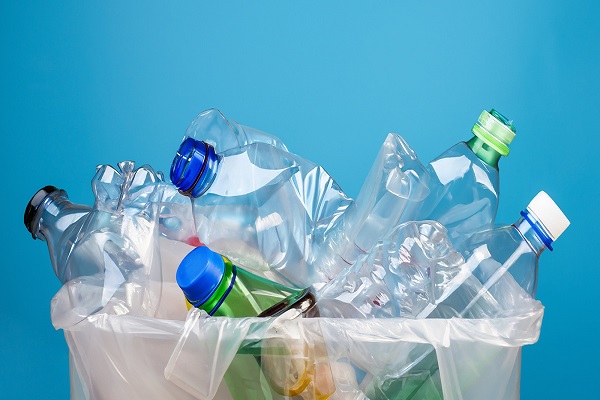In a study led by the University of Sheffield, researchers found that substituting plastics with alternative materials actually results in increased greenhouse gas emissions.
Following an explosion in plastic production during the 20th century, plastics are now deemed as a chief culprit of global warming. The reason for this is that they are produced from fossil fuels and can stay in the environment for hundreds of years.
While the search for non-plastic alternatives continues, one study finds that these are not necessarily better for the environment.
Researchers from the University of Sheffield’s Department of Chemical and Biological Engineering – together with researchers from the University of Cambridge and the KTH Royal Institute of Technology – examined the greenhouse gas emissions associated with plastic products versus their alternatives (not including reusable bioplastics or compostable and biodegradable alternatives).
The research team assessed 16 applications where plastics are used across five key sectors: packaging, building and construction, automotive, textiles and consumer durables. These sectors collectively account for about 90% of global plastic usage.
Adopting a life-cycle assessment tool, the research team found that even when focusing solely on direct life-cycle emissions, plastics maintain their advantage in nine out of 14 applications.
The reason for this is that plastic production is less energy intensive compared to alternatives, and the weight efficiency of plastics also contribute to their reduced environmental footprint.
In some applications such as food packaging, plastic plays a crucial role in preserving food quality and preventing spoilage, which in turn helps mitigate greenhouse gas emissions and leads to environmental benefits.
Overall, the study found that in 15 of the 16 applications examined, plastic products actually result in lower greenhouse gas emissions compared to their alternatives. In these applications, plastic products release 10% to 90% fewer emissions across the product life cycle.
From these results, the research team conclude that optimising plastic use, extending product lifetimes, boosting recycling rates and enhancing waste collection systems may offer more effective strategies for reducing emissions associated with plastic products.
Dr Fanran Meng, assistant professor in sustainable chemical engineering at the University of Sheffield, said: “Not all alternative or recycled products are better for the environment than the products they replace.
“Environmental policymaking needs life cycle assessment-guided decision-making to make sure that greenhouse gas emissions are not unintentionally increased through a shift to more emission-intensive alternative materials.
“Demand reduction, efficiency optimisation, lifetime extension and reuse/recycling are win-win strategies to reduce emissions effectively. Solely focusing on switching to alternative materials is not.”
While the study is focused purely on greenhouse gas emissions, Meng is aware that the issue of plastic products extends beyond just its impact on the environment and to the health of life on earth too. He points out that we cannot overlook the impact of plastics on marine ecosystems and potential impacts on human and ecological health.
“We need to consider all of these impacts when choosing which materials to use in products to ensure we are using the right materials for the right purpose, and to help us develop a sustainable plastics sector,” he said.
Source: E&T










